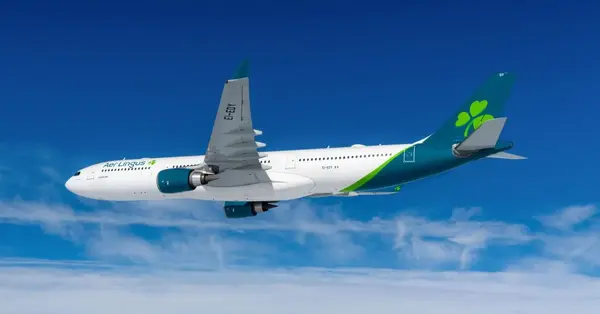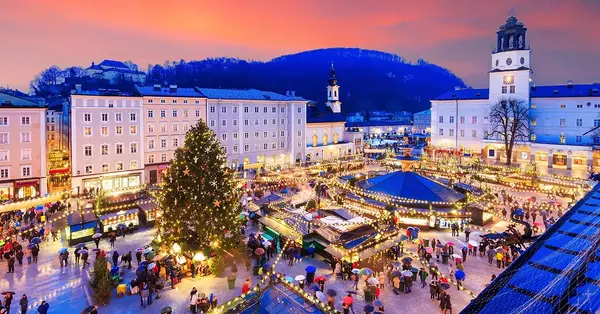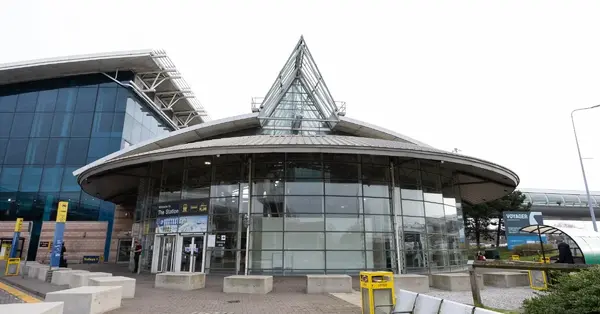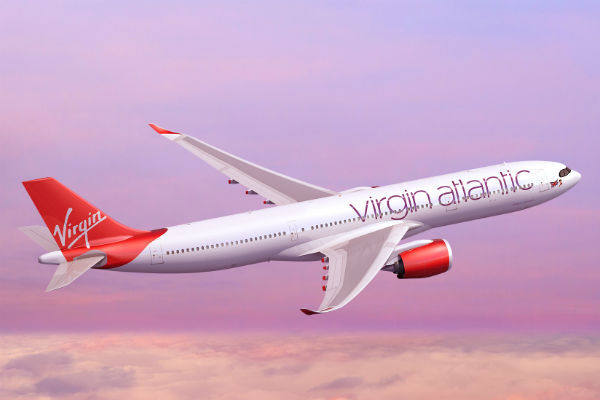You are viewing 1 of your 2 free articles
Destinations urged to manage demand amid Europe’s tourism rebound
Europe’s tourism recovery has reached about 95% of 2019 prep-pandemic levels of international tourist arrivals despite economic uncertainty, according to new data.
A quarter of destinations reporting to the European Travel Commission have surpassed pre-pandemic levels of foreign arrivals.
The momentum demonstrates that travel spending is still being prioritised over other discretionary expenses seven though inflation and increased travel costs are squeezing consumers’ wallets.
However, the ETC concedes that many consumers will make their travel decisions this summer with cost in mind, as weaker economic conditions put pressure on travellers’ budgets.
Household finances and discretionary spending will remain strained going into the peak travel season in Europe but this should not derail the overall recovery.
Commenting on the trends and prospects report for the second quarter of the year, ETC president Miguel Sanz said: “It is encouraging to see the positive recovery of international tourist arrivals in the first half of 2023.
“With this in mind, European destinations must be prepared to effectively manage the increased demand and return of travellers.
“Tourist strategies must embrace travel dispersal in order to support destinations in addressing overcrowding, while also spreading the benefits of tourism to less-travelled areas. Tourism can and should be leveraged as a social, economic, and sustainable force for good.”
Price sensitivity will continue to benefit destinations offering more value for money. Data up to May shows that value-for-money countries are performing well, with Serbia (+27%), Bulgaria (+21%), Montenegro (+12%) and Turkey (+9%) among those leading the recovery.
US travellers taking advantage of favourable exchange rates are expected to drive many European destinations’ recovery this summer.
Southern Mediterranean countries such as Portugal (+79%), Turkey (+78%), and Montenegro (+43%) have reported substantial growth in arrivals from the US.
Latvia (+135%) and Poland (+51%) also recorded growth from the US. The strong increases could be connected to visiting friends and relatives from the Latvian diaspora living outside Europe, while journalists reporting on Russia’s war in Ukraine and an influx of volunteers and military personnel could be contributing to Poland’s performance, according to the ETC.


















